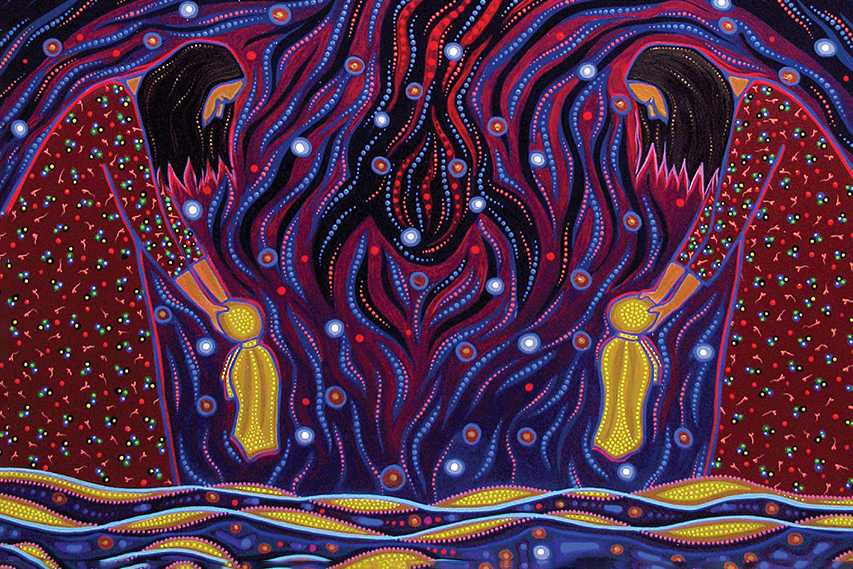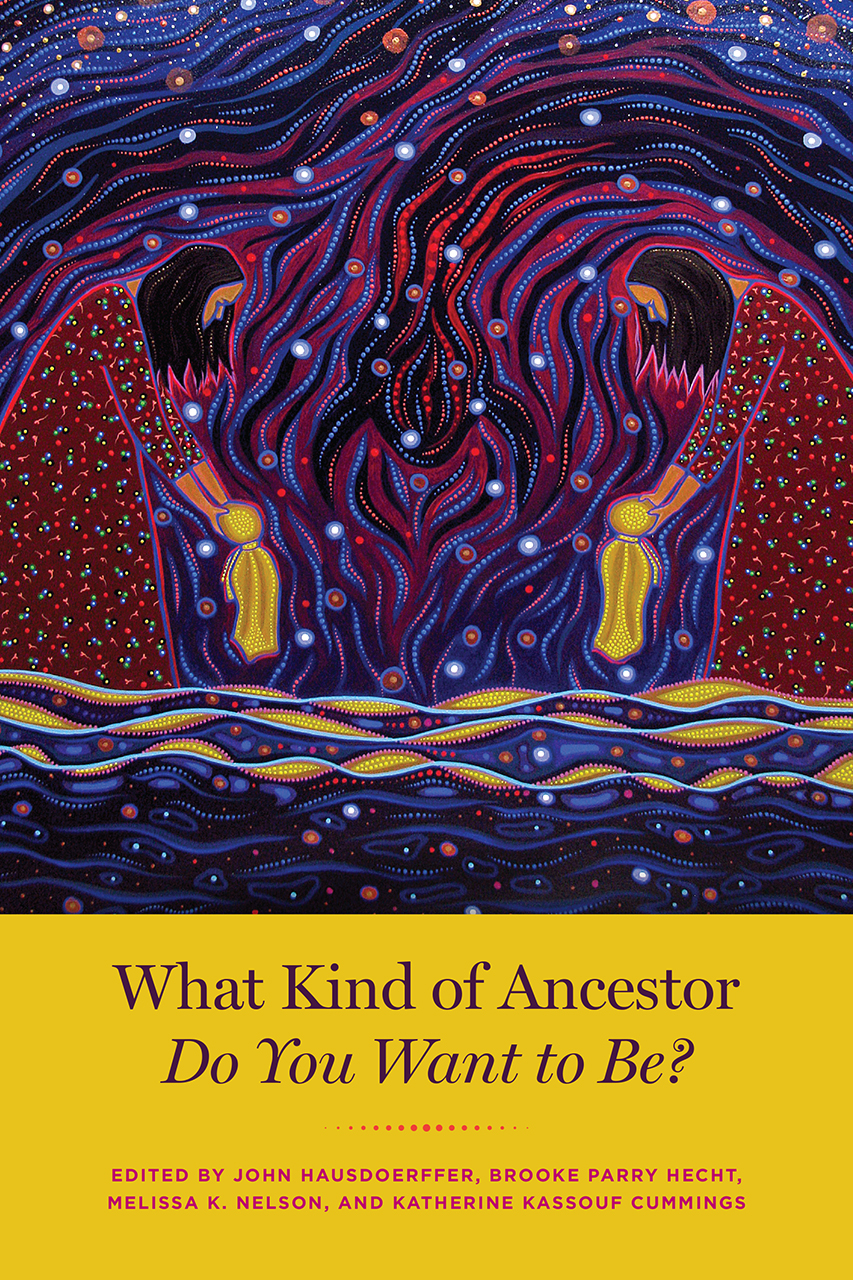What Kind of Ancestor Do You Want to Be? with John Hausdoerffer Ph.D

What kind of ancestor do you want to be? Dr. John Hausdoerffer will share selections from his 2021 co-edited book by the same name. To support participant's exploration of this archetypal question, John will share the story that animated this work, read selections that help us all to tenderly explore our own responses to this questions, and facilitate reflective writing exercises that enable us to begin writing their own personal "missing chapter" of the Ancestor book. This philosophical conversation and workshop will support participants in identifying their own North Star, enabling all to reflect on past generations, adhere to values in the present, and hold open possibilities for future generations. Please bring a notebook and a pen or your laptop to participate in the writing activities.
John’s books will be available for sale and signing:

What Kind of Ancestor Do You Want to Be?, co-edited with Brooke Hecht, Kate Cummings, and Melissa Nelson
Kinship: Belonging in a World of Relations, co-edited with Gavin Van Horn and Robin Kimmerer
About Dr. John Hausdoerffer
Dr. John Hausdoerffer is an author and Professor of Philosophy from Western Colorado University. He splits his time between a reclaimed cabin near Crested Butte Colorado and a lakeside cottage in Woodbury, Vermont. His authored and co-edited books include Wildness; What Kind of Ancestor Do You Want to Be?; Kinship; and Elementals. Passionate about turning theory into action, Hausdoerffer has co-founded organizations such as the Clark School of Environment & Sustainability, Coldharbour Institute, the Resilience Studies Consortium, and the Mountain Resilience Coalition.
Having taught in seven disciplines and for three universities, John believes that professors teach at their best when they serve as "head-learners" with students. For each course, John identifies the central question of the semester and leads students on a journey through key texts, media, visiting speakers, field experiences, and community reciprocity projects that most empower students to explore those questions. For each day's class of each semester, John's only preparation is to cultivate that day's compelling question from assigned material and to wrestle through both the material and student reactions to the material and to each other in order to transform the question into new understanding, insight, wisdom, and questions...but rarely landing on concrete answers. In fact, one hard-to-stick-to rule that John has for himself as a teacher is never to pose a question to which he knows the answer. When no one, including the teacher in the room, knows the answer to the question, then authentic conversation emerges.
